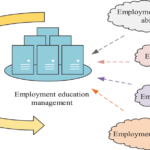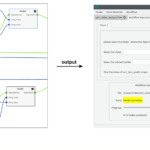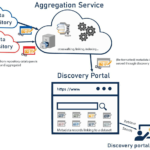
 Title: A Study on the Application of Data Mining Techniques in the Management of Sustainable Education for Employment Title: A Study on the Application of Data Mining Techniques in the Management of Sustainable Education for EmploymentAuthor: Fang Fang URL: http://doi.org/10.5334/dsj-2023-023 |
|
 Title: Assessment of Personal Values for Data-Driven Human Resource Management Title: Assessment of Personal Values for Data-Driven Human Resource ManagementAuthor: Takuma Kimura URL: http://doi.org/10.5334/dsj-2023-022 |
|
 Title: KadiStudio use-case workflow: Automation of data-processing for in situ micropillar compression tests Title: KadiStudio use-case workflow: Automation of data-processing for in situ micropillar compression testsAuthor: Rihab Al-Salman, Camila Aguiar Teixeira, Philipp Zschumme, Subin Lee, Lars Griem, Jasmin Aghassi-Hagmann, Christoph Kirchlechner, Michael Selzer URL: http://doi.org/10.5334/dsj-2023-021 |
|
 Title: Harvestable Metadata Services Development: Analysis of Use Cases from the World Data System Title: Harvestable Metadata Services Development: Analysis of Use Cases from the World Data SystemAuthor: Robert R. Downs, Alicia Urquidi Díaz, Qi Xu, Juanle Wang, Aude Chambodot, Chuang Liu, Simon Flower, Karen Payne URL: http://doi.org/10.5334/dsj-2023-020 |





